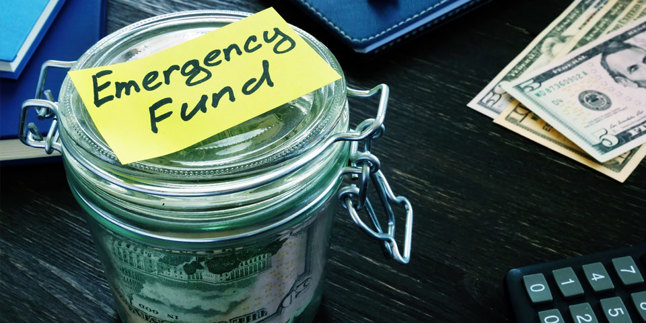Strategies for Building Your Emergency Fund Today
Life is unpredictable, and unexpected expenses can pop up at any time. Whether it's a sudden medical bill, car repair, or job loss, having an emergency fund can help you weather the storm and avoid falling into debt. In this blog post, we'll discuss why you need an emergency fund and offer some strategies for building one today.
According to a recent survey, 60% of Americans have experienced an unexpected expense of $1,000 or more in the past year. This can be a major financial setback for many people, especially if they don't have the savings to cover the expense. Today is the time to start saving for a rainy day. Many people procrastinate and have to rely on credit cards or loans to pay for unexpected expenses, which can lead to high interest rates, fees, and long-term debt.
Start Small, But Start Today
Building an emergency fund can seem like a daunting task, especially if you're starting from scratch. However, the key is to start small and work your way up. Even saving $5 or $10 a week can add up over time and help you build an emergency fund. The important thing is to start today and be consistent in your savings efforts.
Set a Savings Goal
Once you've started, it's important to set goals and review them periodically. This can help you stay motivated and track your progress over time. A good rule of thumb is to aim for three to six months' worth of living expenses in your emergency fund. However, your savings goal may vary depending on your income, expenses, and personal circumstances.
Make Savings a Priority
It’s hard for most of us to prioritize savings because it seems like we are always spending. This may mean cutting back on non-essential expenses, like dining out or entertainment or finding ways to increase your income, like taking on a side gig or freelance work. By making savings a priority, you'll be able to reach your savings goal faster and with less stress.
Automate Your Savings
Automating your savings is the quickest and most painless way to get started. This means setting up a recurring transfer from your checking account to your savings account each month. This type of automation allows you to save without thinking about it, and you'll be less likely to dip into your emergency fund for non-emergency expenses.
Use Windfalls Wisely
If you receive a windfall, like a tax refund or work bonus, consider depositing a good portion into your emergency fund. Although it might seem tempting to spend the money on something enjoyable or unnecessary, putting it towards your savings can enhance your financial stability and provide a sense of ease.
Keep Them Separate
To prevent withdrawing funds reserved for unexpected costs on expenses that aren't urgent, it's crucial to keep the money for emergencies isolated from your other savings. You can achieve this by having a separate savings account or a money market account that is conveniently accessible but not associated with your checking account or debit card.
Replenish It
If you had to utilize your reserved funds for unforeseen expenses, it's vital to refill it without delay. This involves determining a new savings objective and persisting in saving until you've reestablished the amount you used. By doing so, you'll be better equipped to handle future unexpected expenses.
Building an emergency fund is an essential part of achieving financial security and avoiding debt. By starting small, setting a savings goal, making savings a priority, automating your savings, using windfalls wisely, keeping your savings separate, replenishing them after use, and persisting in your savings efforts, you can build a cushion that can help you handle unforeseen expenses and achieve greater financial peace of mind. With dedication and discipline, you can be better prepared for whatever financial curveballs life throws your way, and you'll be well on your way to achieving your long-term financial goals. Remember, it's never too late to start building your savings, so why not start today?
Tags: Personal Finance
Related Posts

Tips and Tricks for Creating a Monthly Budget

Navigating the World of Personal Finance

Safeguarding Your Finances in the Digital Age

Financial Planning Tips for Freelancers and Contractors

Tips to Budget Effectively for the Holiday Season

Practical Tips for Busy Parents to Manage Family Finances

Exploring 529 Plans

Building a Strong Credit Foundation

How to Make the Most of Your Tax Refund

Strategies for Saving for the Unexpected

Building a Solid Foundation for Young Families

